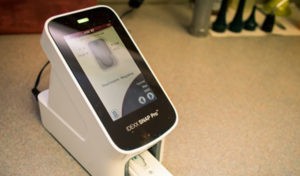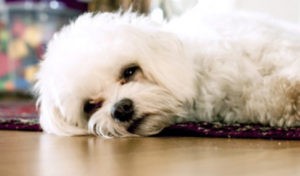There are many common household items that can harm or even kill your pets. It is important to be aware of these household toxins and take the necessary precautions, especially if you are considering bringing a new puppy or kitten into your home.
It is important to understand that even though your pets are members of your family – they are still not human. They react to substances, medicine, and foods radically differently as compared to us. Something which is harmless to you could potentially be lethal to them.
Keep toxic substances out of reach of your pet and in tight sealed containers, place these toxic substances in harder to reach areas like drawers or cupboards.
Food
It is highly recommended that you do not give your pet human food, many human foods cause digestive upset in our pets – and certain foods safe to us can even be lethal to cats and dogs. Just a few examples are:
- Alcoholic and caffeinated beverages
- Onions, garlic, and chives
- Avocados
- Grapes and raisins
- Candy (particularly chocolate – which is toxic to dogs, cats, and ferrets)
- Gum
- Macadamia nuts and walnuts
- Mushrooms
- Mustard seeds
- Rhubarb leaves
- Salt
- Xylitol
- Yeast dough
Medicines
Never administer medicine to an animal unless otherwise instructed by a veterinary professional, as many over-the-counter drugs and dietary supplements are extremely toxic to pets. It is recommended to use child-proof caps and to keep all medications out of your pets reach and safely locked away when not in use.
Cleaning Products
Store cleaning products in a safe place that your pets cannot access, read all warning labels to become familiar with the storage requirements.
Plants
Many flowers and common garden growers are toxic to cats and dogs. For example, the green and leafy parts of tomato and potato plants are highly toxic to pets. Many common flowers, lilies, and outdoor shrubs can be toxic. Stay tuned for a later article where we go more into depth on these common leafy hazards!
Outdoor Products
Many kinds of mulch, fertilizers, and compost piles are hazardous to pets. Compost piles often grow bacteria and fungi, some of which can be highly toxic to your pet. Make sure that if you do have a compost pile, your pet can’t get into it – and never compost dairy or meat items. Most garage chemicals are dangerous to pets as well. Antifreeze in particular, can be deadly – this is because while it is highly lethal, is has an attractive and sweet aroma. Always store chemicals out of your pets reach ,and keep the area clean of chemical spills or leakage at all times. Substances meant to kill rodents, insects, or weed are all too often the source of many pet poisoning cases. Take extreme caution when working with these substances.
If you think your pet has eaten something poisonous, call your veterinarian or a pet poison hotline immediately.
McQueen Animal Hospital is proud to provide you with finest quality services in animal care in the Brampton region; we are located at 8975 McLaughlin Road, L6Y 0Z6 and are happy to answer any of your questions via phone at 905-455-7387.
Author: Jessica Wilkans, RVT at McQueen Animal Hospital



